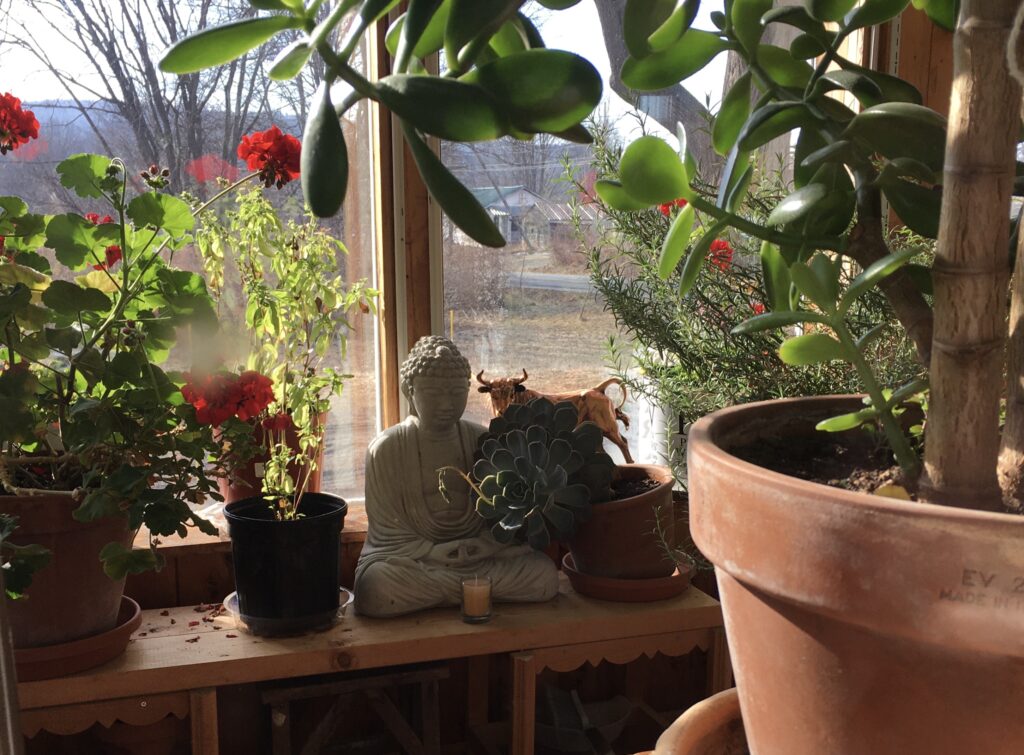Greetings!
I recently had the opportunity to counsel a young couple who are considering getting married; I was tickled to be asked for feedback, as so often brides and grooms are more focused on the wedding celebration than on contemplating what it’s like to be in a day-in/day-out committed relationship that they hope will last for many decades. (I recently was the hospice chaplain for a couple who were both nearing end of life in their 90s, having been married at a very young age before the husband was whisked away to fight in WWII. When I marveled with the wife that she had been married for 72 years, she said, “… and all to the same man. Can you believe it?!” I chuckle every time I remember her delighted giggle.)
The couple who sought my counsel asked good questions, and we talked about some of the obvious potential challenges to life together that sometimes emerge unexpectedly: infidelity, sexual incompatibility, different views around money or child-rearing. Honestly, the fact that they were asking strikes me as a sign of strength in their relationship, and I suspect they’ll do very well together. Before we were done talking, I shared with them what I have found, anecdotally, to be the strongest indicator of a relationship that will fall to pieces sooner or later: scorn.
It sounds so simple, doesn’t it? But I find it to be true: committed relationships where one or both partners routinely roll their eyes about the other, mock them in their presence or behind their backs, and dismiss the value of their ideas or choices are relationships that are not based on honoring the full humanity of the other. It’s possible that a marriage founded on scorn might last, I suppose, but it won’t be a very happy one.
After talking with that couple, I went home and, like I do, I sat at the computer and checked out Facebook. It suddenly struck me : scorn, everywhere. People I love and people who challenge my ability to remain loving were all over my newsfeed, piling derision on those they disagree with. People I otherwise respect were wielding ugly memes to show the world how imbecilic and value-less their opponents are, belittling their intelligence in the most mocking terms. It’s worst in the comments section of news stories, of course; there, it was all one big, nasty, “aren’t I clever/aren’t they moronic” eye-roll, regardless of which side of an issue was being supported.
It seems to me that we are, on a large national scale, in a not very happy committed relationship, with wildly divergent ideas and values. And we are heaping scorn on one another all the time. I understand – I’m not above feeling the urge to display my own cleverness as I rhetorically slice my opponent to ribbons. But I know that doing so doesn’t actually change their minds or open their hearts to my opinion, and it doesn’t make me more loving or courageous, so I try to resist that urge.
I don’t have a solution to the cynical relationship pattern we’ve developed as a nation. I do know that when I remember to act and speak out of love (even with those I fundamentally disagree with), I feel more peaceful and less exhausted. To be clear, I’m not advocating shrugging off the differences in our values in order to get along. My hope for us as a community and a world is that we could find the life practices that call us back to our better selves, remembering to honor the humanity of others even while standing strong in our truth. I’m pleased to say that our church is one of the forces that feeds my own courageous kindness, reminding me of God’s love for all people and all of creation. If you want to find out more, come worship with us some Sunday. Even if you don’t define yourself as Christian, I suspect you’ll see the value of contemplating a life based on Jesus’ example of love, justice, compassion, and truth-telling. And if the church way is not your way, I hope you find a community that nourishes your ability to live in a committed relationship with our broken, wounded world.
In peace,
Susie


